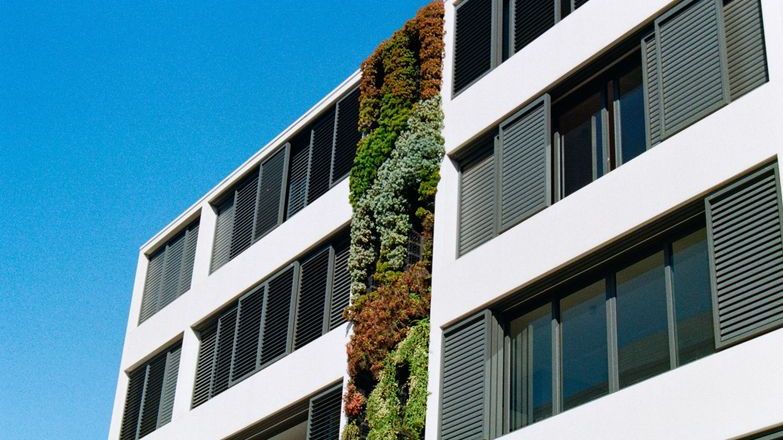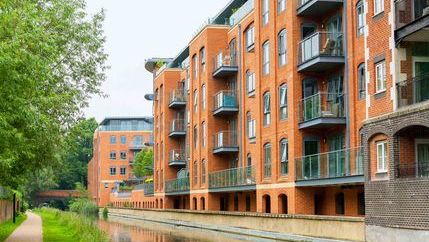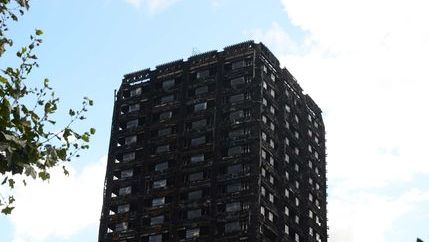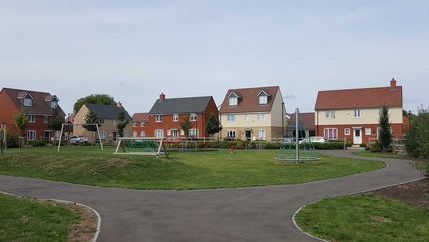
Under the new regulations, where a certificate has already been issued landlords don’t automatically need to provide a new one. However, landlords are still required to provide a certificate in the following instances:
- when the current landlord makes a demand to a leaseholder for the payment of a remediation service charge
- within four weeks of receipt of notification from the leaseholder that the leasehold interest is to be sold
- within four weeks of becoming aware (either themselves or by notification from another person) of a relevant defect not covered by a previous landlord’s certificate
- within four weeks of being requested to do so by the leaseholder
- where the landlord becomes aware of a new leaseholder deed of certificate, the landlord must provide an updated landlord certificate within four weeks
The Building Safety Act 2022 introduced landlord and leaseholder certificates to help leaseholders understand which protections against the cost of remedial works apply to them and to reduce the information sharing requirement that is essential to determine liability for the costs of remediation work.
Further guidance and the landlord certificate template are available on the UK Government website.
Relevant information will be available
The Building Safety Act 2022 contains protections for some leaseholders against the cost of putting right historical building safety defects. The Landlord Certificates are important because they provide evidence about the ‘relevant landlord’ (the landlord on 14 February 2022) which helps confirm who is responsible for the costs of remediation work. They also provide details of the lease, and any remediation works that have already been carried out.
Potential buyers are now able to ask for copies as part of pre-contract enquiries making the certificates an increasingly important part of the buying and selling process.
Responsible Actors Scheme now open
The purpose of the Scheme, which was first envisioned under the Building Safety Act 2022, is to improve the safety and standard of buildings by placing requirements on members and enforcing commercial penalties on firms who fail to join when eligible.
The Scheme will initially focus on major housebuilders, and other large developers who have developed or refurbished multiple residential buildings that are known to have life-critical fire safety defects after being assessed as eligible for a relevant government cladding remediation scheme.
Over time it will be expanded to cover other developers who developed or refurbished defective 11m+ residential buildings and should pay to fix them.
Ongoing protection
Since the leaseholder protections came into force in the summer of 2022, DLUHC has engaged with leaseholders, landlords and others affected to monitor compliance with, and the operation of, the Building Safety Act 2022 and the leaseholder protections.
Even with the Cladding Safety Scheme (CSS) opening in July 2023, Propertymark remains concerned there are still too many ways leaseholders can end up bearing the cost of work they should not be responsible for.





